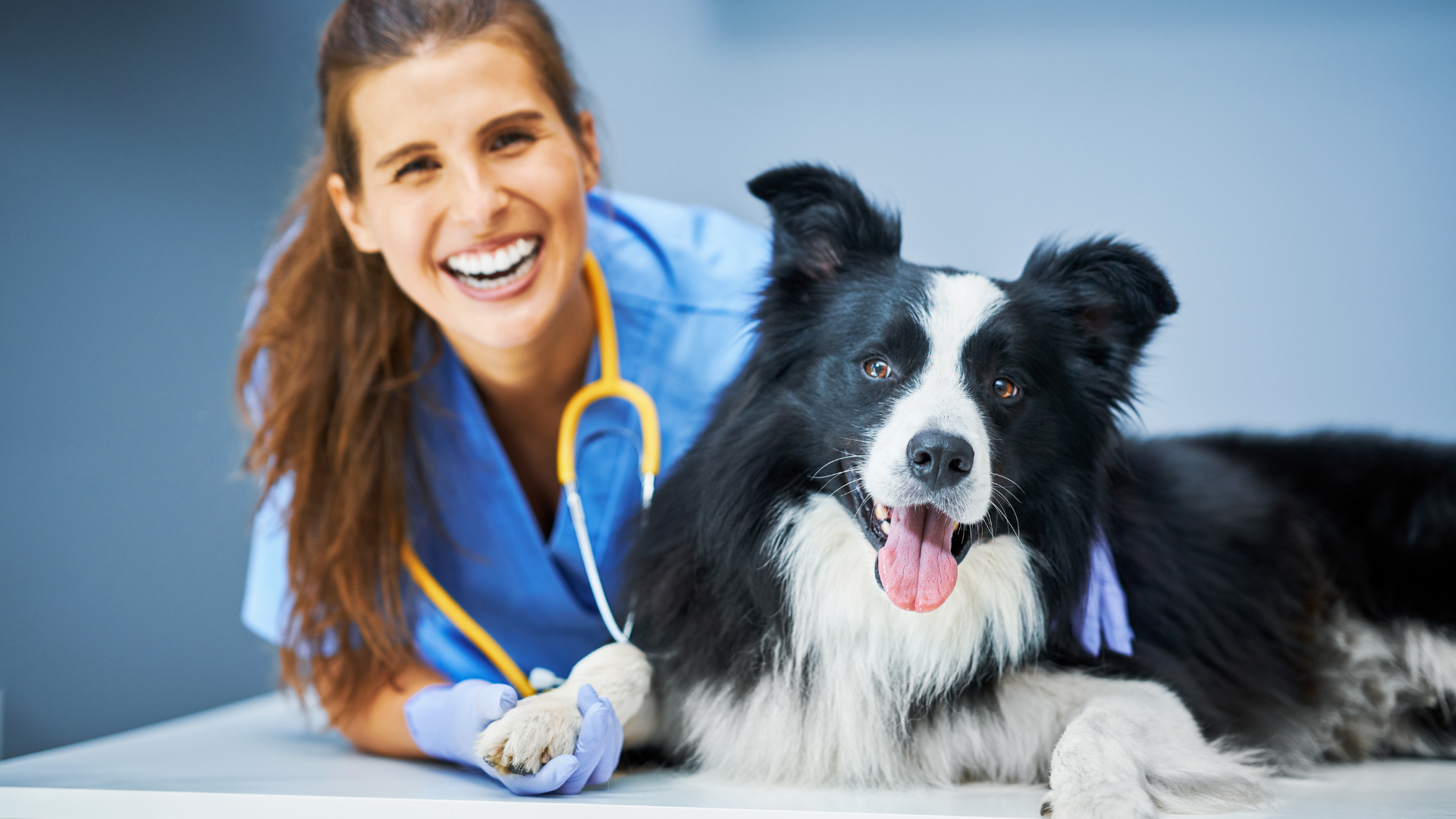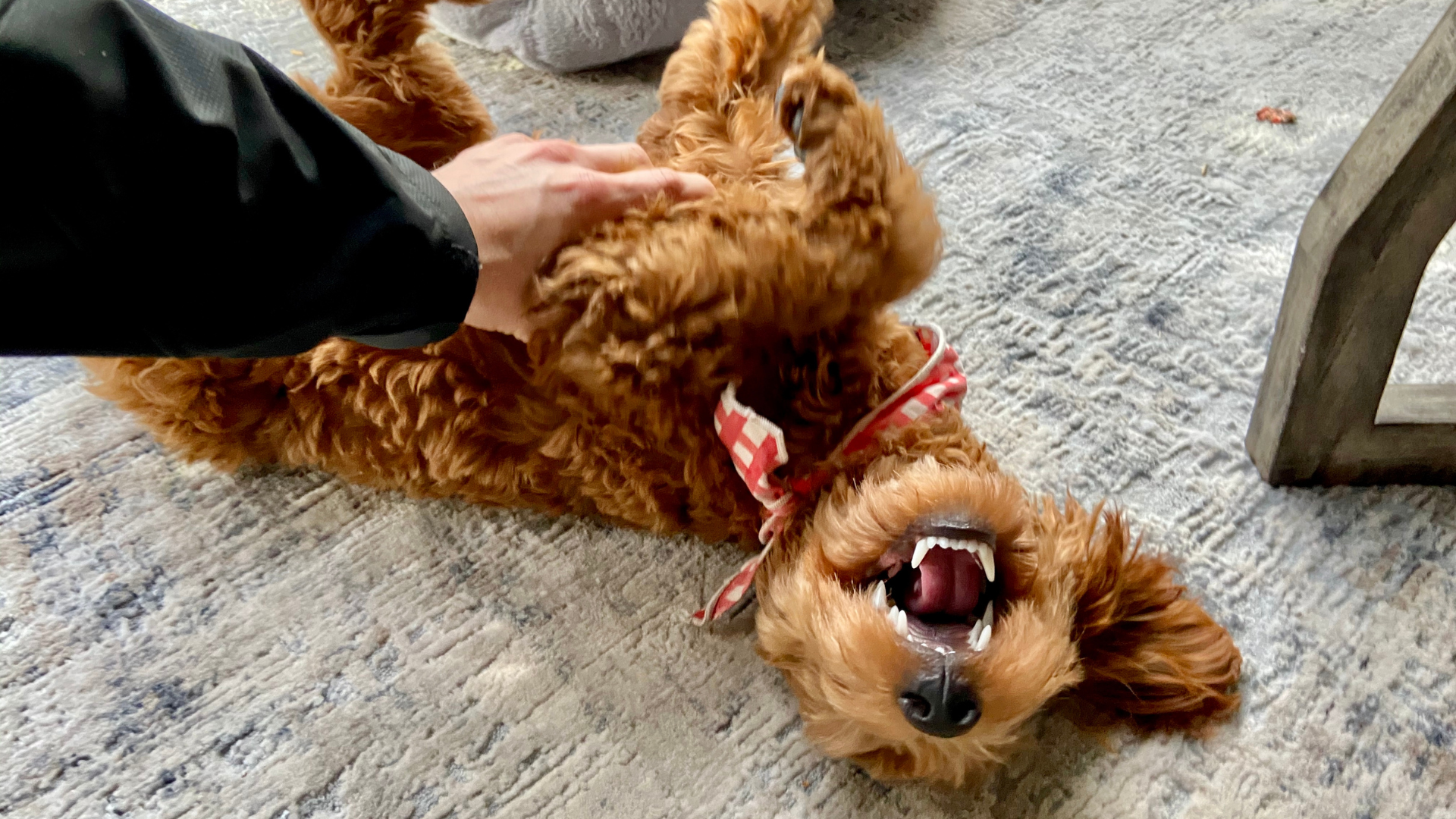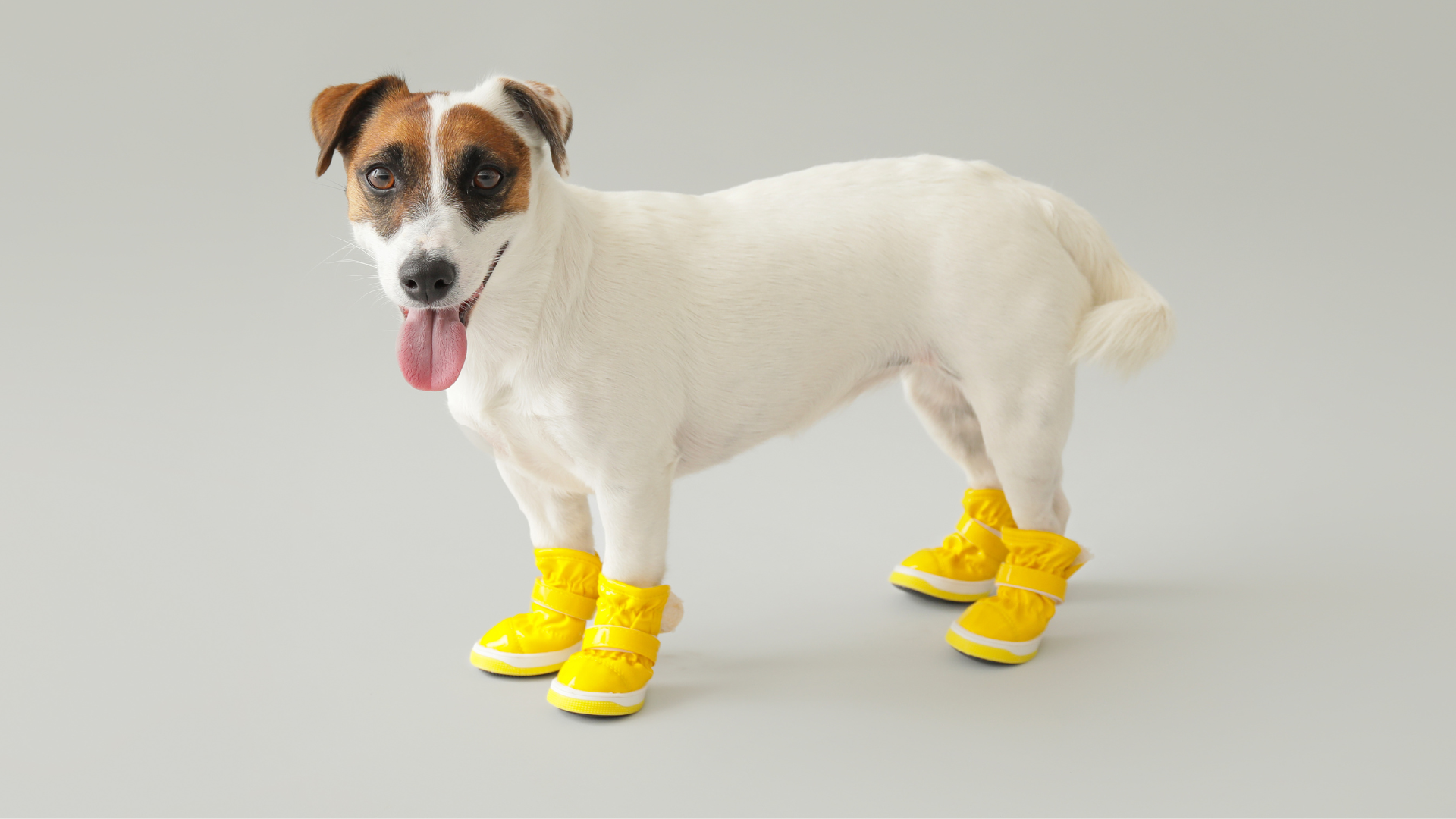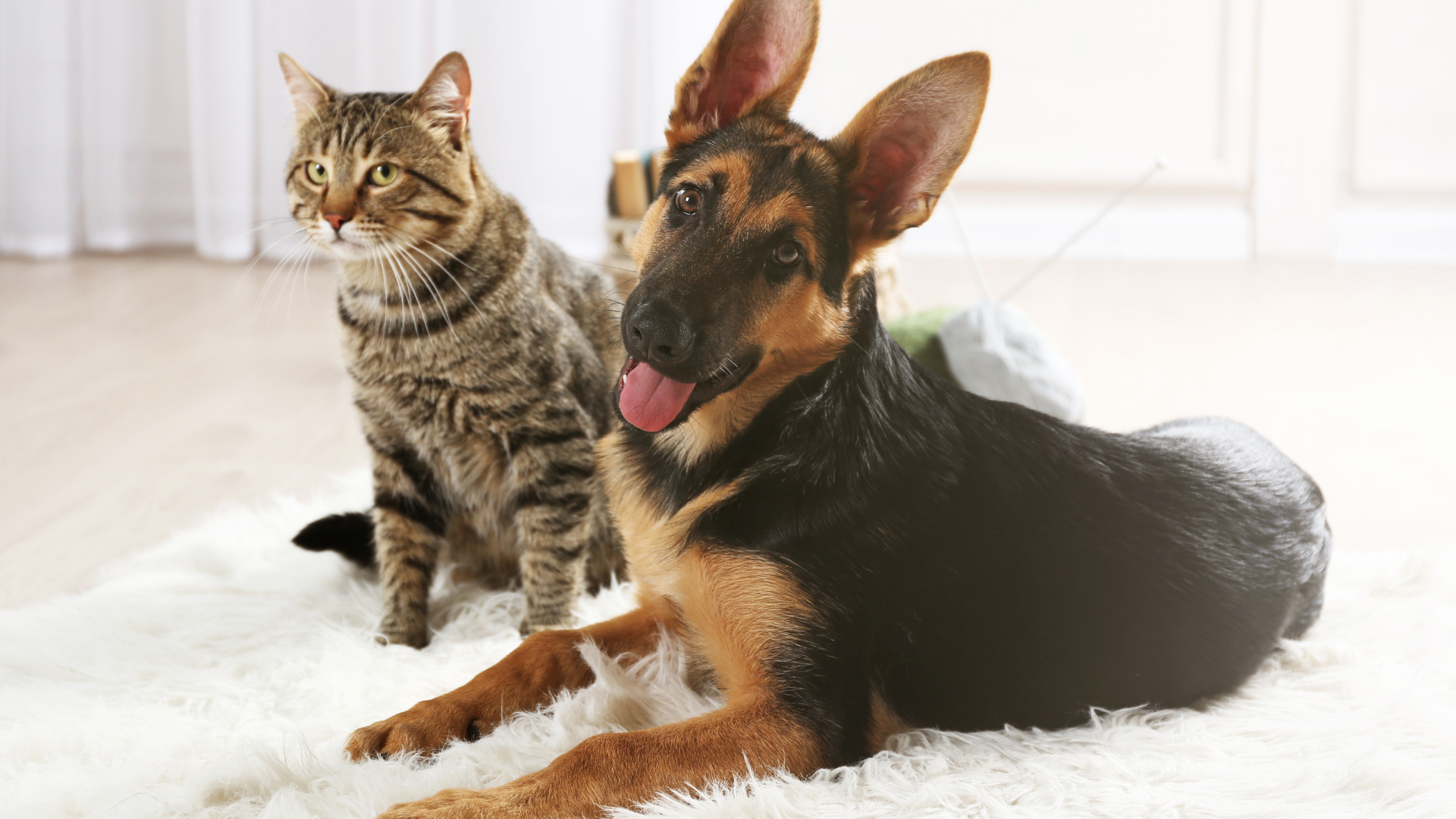If you’ve ever watched your dog spin in a few tight circles before finally curling up to rest, you might have wondered—why do dogs spin before lying down? To us, it might seem like a quirky or even unnecessary ritual. But for dogs, this behavior carries layers of instinct, comfort, and practicality that trace back to their wild ancestors.
Understanding why dogs spin before lying down helps us better connect with our furry friends and create living spaces that support their natural instincts. Just like keeping our homes fresh and welcoming with eco-friendly products from Good Natured Brand, giving our dogs the right environment to feel secure plays a big role in their well-being.
Let’s dig into the fascinating reasons behind this behavior.
What Does It Mean When Dogs Spin Before Lying Down?
When your dog spins in circles before lying down, it isn’t just a random act. This ritual is deeply rooted in their evolutionary past. Wild dogs, wolves, and even coyotes performed similar behaviors as a way of preparing their resting spots. Spinning allowed them to survey their surroundings, flatten tall grass, or move snow and leaves aside before settling in.
For our domesticated companions, the behavior persists as a natural instinct, even though they now rest on cozy dog beds, couches, or freshly cleaned carpets (a great reason to keep spaces pet-ready with Carpet Deodorizers). In short, spinning before lying down is an ancient survival mechanism turned modern comfort routine.
Instinctual Reasons Dogs Spin Before Lying Down
Creating a Nest-Like Spot
Wild canines had to make their own beds. Spinning helped them flatten vegetation, push away debris, and create a comfortable nest. Even though today’s dogs don’t face the same conditions, the behavior remains an instinctive action to ensure comfort before sleep.
Checking for Predators or Safety
Before domestication, survival depended on vigilance. Circling gave wild dogs a chance to assess their environment and check for danger. By spinning, they could confirm their resting area was secure. Although your living room may not harbor predators, your dog’s brain still follows this natural protective script.
Regulating Temperature
Spinning also allowed dogs to find the most comfortable spot. Whether it meant arranging leaves to insulate warmth in colder climates or uncovering cooler soil during hot weather, circling was practical. In today’s homes, it’s more symbolic, but you might notice your dog circling on cooler tile floors in summer or fluffing blankets during winter.
Comfort and Habit: Why Dogs Spin Before Settling In
Beyond instincts, spinning serves as a source of comfort. Just as humans fluff pillows or adjust blankets before bed, dogs circle to settle themselves mentally and physically. The action helps them feel calm, secure, and ready to rest.
Over time, spinning becomes a conditioned habit. Puppies often mimic their mothers and develop this behavior as part of their bedtime routine. Even when no environmental adjustment is necessary, dogs continue spinning simply because it feels right.
Spinning as a Sign of Territory and Scent Marking
Another reason dogs spin before lying down is to leave their scent behind. Dogs’ paw pads contain glands that release pheromones, so circling not only prepares the resting area but also “marks” it as their territory. This scent-marking signals to themselves—and other dogs—that the space belongs to them.
It’s a subtle but powerful way of establishing ownership and ensuring they feel safe where they rest. Keeping these areas clean and odor-free for humans, without stripping away a dog’s comfort, can be balanced with natural cleaning solutions like All-Purpose Cleaners.
Medical or Behavioral Reasons Dogs Spin Before Lying Down
While spinning is normal, excessive or frantic circling may signal an underlying issue. Some medical or behavioral causes include:
-
Joint pain or arthritis: Older dogs may spin repeatedly while trying to find a comfortable position.
-
Hip dysplasia: Structural issues in the hips can make lying down difficult, prompting more spinning.
-
Anxiety or obsessive-compulsive disorder: In some dogs, circling becomes compulsive rather than instinctual.
If your dog seems distressed, spins excessively, or struggles to lie down, it may be time to consult your veterinarian.
Why Do Puppies Spin Before Lying Down vs. Adult Dogs?
Puppies often exaggerate this behavior as part of their growing routines. Their spins may be playful, clumsy, and more frequent. For them, spinning is partly instinct but also part of learning boundaries, comfort, and imitation of older dogs.
As dogs mature, the behavior often becomes more subtle. Adult dogs may only spin a couple of times, while seniors might circle slowly as they search for the perfect position. Each stage of life reflects a slightly different purpose behind the spins.
How Environment Affects Why Dogs Spin Before Lying Down
The space where your dog rests heavily influences how much they spin. Dogs on soft surfaces, like grass or carpets, may circle more because it mimics their ancestral need to prepare the ground. On hard floors, you might see less circling but more scratching or pawing as they try to adjust their area.
Cleanliness also plays a big role. A fresh-smelling carpet or a regularly washed dog blanket creates a more inviting resting space. For pet parents, this is where natural, safe cleaning solutions matter—keeping bedding fresh with Laundry Powders and refreshing rugs with Carpet Deodorizers can make a noticeable difference in your dog’s comfort.
Cultural and Breed Differences in Why Dogs Spin Before Lying Down
Not all dogs spin in the same way or to the same extent. Certain breeds, particularly working or herding breeds, may display stronger nesting behaviors. Large breeds might circle more slowly, while toy breeds often exhibit quick spins before collapsing into tiny balls.
In some cases, cultural differences among owners shape how much we notice or encourage the behavior. In homes where dogs sleep in beds with their humans, spinning is often seen as endearing. In outdoor or kennel environments, it might serve a more practical role.
No matter the breed or background, spinning remains a universal behavior deeply ingrained in canine DNA.
Is It Normal for Dogs to Spin Before Lying Down?
For most dogs, spinning before lying down is completely normal. It’s one of those instinctual behaviors that persists through centuries of domestication. The act of circling isn’t something you need to correct—it’s usually a healthy and natural part of your dog’s bedtime routine.
What matters is the frequency and intensity. A few gentle spins before flopping down is perfectly fine. However, if your dog circles excessively, seems restless, or has difficulty settling, that may signal discomfort or a health issue. Paying attention to these small details can help you catch early signs of pain or anxiety.
What to Do if Dogs Spin Too Much Before Lying Down
If your dog seems to be spinning excessively before lying down, there are a few things you can do:
-
Provide supportive bedding: Orthopedic dog beds or cushioned mats can help ease discomfort, especially for senior pets with joint issues.
-
Create a secure environment: Dogs often spin more when they don’t feel safe. Ensuring your dog has a designated, quiet spot can reduce over-circling.
-
Maintain a clean resting area: Pets are sensitive to smells. Fresh bedding washed regularly with natural Laundry Powders and clean floors refreshed with Carpet Deodorizers can make your dog feel more at ease.
-
Consult your vet: If spinning becomes frantic or obsessive, medical causes like arthritis or hip discomfort should be ruled out.
By addressing the environment and health factors, you can reduce unnecessary spinning while still respecting your dog’s natural instincts.
How to Support Healthy Sleep Habits in Dogs That Spin Before Lying Down
Spinning is just one part of your dog’s nighttime ritual. You can help encourage better rest by creating an environment that supports both comfort and health:
-
Provide consistent routines: Dogs thrive on routine. Feeding, walking, and bedtime at regular times promote relaxation.
-
Offer cozy, clean bedding: Wash dog blankets and bedding frequently with eco-friendly Laundry Powders to keep them fresh.
-
Reduce allergens and odors: Dogs may spin to “prepare” their space because of lingering smells or dust. A quick spritz with safe, non-toxic All-Purpose Cleaners keeps your dog’s environment healthier.
-
Incorporate calming aids: For anxious pets, calming sprays, soft music, or even weighted blankets can reduce the urge to over-spin.
Creating a cozy, consistent environment means your dog’s spinning remains a soothing ritual rather than a stress signal.
Why Clean Spaces Matter for Dogs That Spin Before Lying Down
Cleanliness plays a bigger role in canine comfort than most pet parents realize. Spinning before lying down is often your dog’s way of “preparing” their spot, but if the area feels dirty or smells off, they may spin more than necessary.
Fresh, pet-safe spaces reduce stress and improve sleep quality. Maintaining your home with natural products is one of the easiest ways to support your dog’s instincts. Regular use of Carpet Deodorizers keeps floors inviting, while All-Purpose Cleaners can safely refresh dog zones without harsh chemicals.
This not only makes your pet more comfortable but also creates a healthier home for the whole family. For more natural living tips, explore the Good Natured Brand Blog, where eco-friendly cleaning meets pet care.
Comparing Dog Spinning Behavior to Other Canine Quirks
Spinning before lying down is just one of many quirky rituals dogs perform. When you observe your pet closely, you’ll notice similarities with other instinct-driven behaviors:
-
Digging before lying down: Some dogs scratch or dig at their bed before settling. Like spinning, this comes from nesting instincts.
-
Pawing at blankets: Dogs may “arrange” bedding before curling up, much like wild dogs flattening grass or leaves.
-
Circling before elimination: Many dogs spin before relieving themselves, a habit linked to surveying surroundings and finding a safe spot.
These quirks are all interconnected, reflecting your dog’s natural drive to create safe, comfortable environments. Spinning, scratching, and digging are simply different expressions of the same instinct.
Frequently Asked Questions About Why Dogs Spin Before Lying Down
Do all dogs spin before lying down?
Most dogs spin at least occasionally, though the intensity varies by breed, personality, and environment.
Why do dogs scratch the floor after spinning?
Scratching helps release scent from paw glands and creates a more comfortable surface—an instinctive behavior rooted in marking and nesting.
Is spinning always a sign of anxiety?
Not at all. Spinning is usually normal, but if it becomes excessive or paired with pacing and whining, anxiety may be a factor.
Should I stop my dog from spinning?
No. Spinning is natural and usually harmless. Intervention is only needed if the behavior seems compulsive or causes distress.
Why do dogs spin before lying down more at night than during the day?
Nighttime sleep is deeper and longer, so dogs often engage in more thorough rituals—like extra spins—to ensure comfort and security.
Conclusion
So, why do dogs spin before lying down? The answer is a mix of instinct, comfort, habit, and sometimes health. Spinning helps dogs feel safe, secure, and ready to rest. As pet parents, we can support this natural behavior by offering clean, inviting, and stress-free spaces for our dogs to relax.
Creating a pet-friendly home is easier than ever with safe, eco-conscious products like Carpet Deodorizers, Laundry Powders, and All-Purpose Cleaners. Pair these with a consistent routine and comfortable bedding, and you’ll give your dog the perfect environment to spin, settle, and sleep peacefully.
Want more tips for living naturally with pets? Explore the Good Natured Brand Main Page and browse our Blog for advice on keeping your home clean, fresh, and pet-friendly.


















